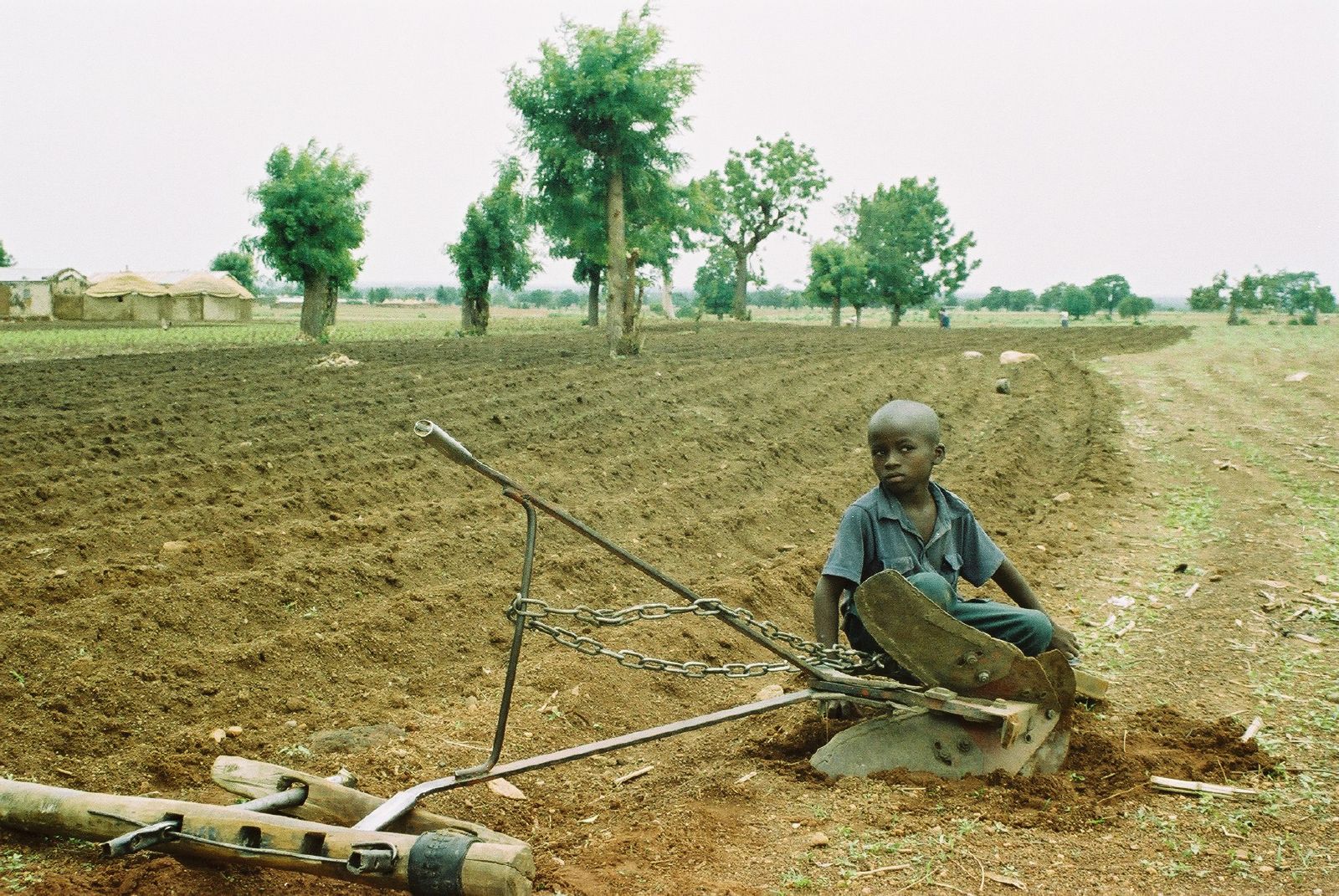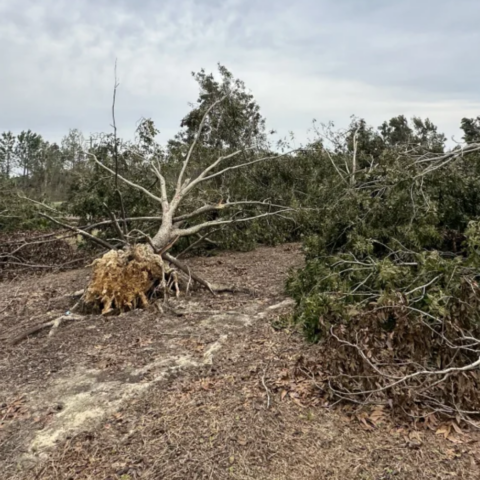By: Tia Ayele
Sub-Saharan Africa, the land of vast natural resources and limitless human capital, is the only region in the world experiencing such prolonged levels of extreme poverty. While other countries are moving up the ladder of opportunity, countries in Sub-Saharan Africa are trailing stagnantly behind. Although Africa’s industrial developments have appeared to skyrocket recently with the help of foreign investors, the agricultural system on which Africa depends has yet to be made more efficient. 
Agriculture represents 30 to 40 percent of Africa’s GDP and is responsible for almost 60 percent of the export income in Sub-Saharan Africa. Although its economy lays dependent on this sector, agriculture in Sub-Saharan Africa remains the most undercapitalized in the world. Even as trade liberalization and globalization have allowed farmers to export their goods and to play a direct role in the global market, African farmers have yet to reap the benefits. More than any other factor, African farmers are set back because of the absence of functional market information. Without information such as the accurate price of their goods, farmers lack the knowledge to make informed market decisions.
One of the most recent solutions that has gained popularity within the discourse of African development has been the institution of commodity exchanges. Commodity exchanges would deliver reliability, efficiency, and transparency to the agricultural sector by instituting a structured and secured means of transaction among buyers and sellers. The exchanges would provide valuable market information for farmers, such as the price of goods, which would mitigate their market risks.
Established in 2008, The Ethiopian Commodity Exchange (ECX) has quickly become the most sophisticated commodity exchange in all of Africa. Since its implementation, Ethiopia’s agricultural system has experienced unparalleled success. Overall agricultural output has dramatically increased and several new promising sectors, such as floriculture, have arisen as a result. Because of ECX’s ability to bolster the agricultural sector, many African leaders are now looking to set up their own exchanges.
The first African nation to follow suit has been Rwanda, with its more regional focused exchange program, called the East Africa Exchange (EAX). Launched in Kigali earlier this year, EAX aims to achieve regional economic integration, along with market efficiency, through a network of commodity programs throughout the region. The EAX includes countries such as Burundi, Uganda, Kenya, South Sudan, Tanzania and Rwanda. The program’s regional focus would allow the linkage of similar markets and would be more efficient in addressing the unique market functions of a specified region. Moreover, in regional integration, the exchanges would leverage individual national markets to have a stronger global presence.
On the other side of the continent, similar efforts in instituting exchange programs have been espoused. After long talks about addressing agricultural inefficiencies in the country, Nigeria has finally approved the privatization of Abuja Securities & Commodity Exchange. The exchange, which in the past decade experienced less than satisfactory performance, is said to have real potential after its privatization.
The major obstacle of instituting commodity exchanges in Sub-Saharan Africa is the steep cost of establishment, both financially and structurally. A commodity exchange would require an extant level of macroeconomic stability within a nation and a supportive legal framework to allow the exchange to operate effectively. The impediments are compounded when implementing regional commodity exchanges, as the aforementioned prerequisites must be met for all participating nations. In addition, instituting regional commodity exchanges would require a synchronized set of exchange rates and grades and standards among participating nations.
Despite these discernable challenges, pioneering figures in African economic development, such as Dr. Elleni Gebremedhin, are pursuing the institution of these exchanges. By the year 2020, Dr. Gebremedhin expects her company eleni LLC, to have implemented 10 exchanges throughout Africa. Her company has already received seed capital of five million dollars from Morgan Stanley, the International Finance Corporation, and 8 miles, Bob Geldof’s pan-African private equity fund.
With sizeable investments such as these, successful commodity exchanges in Africa seem nothing short of conceivable. Revamping the agricultural sector in Africa can be a viable goal if the necessary infrastructural support exists. In the coming years, we will see if commodity exchanges can serve as one of the solutions to Africa’s agricultural woes.


